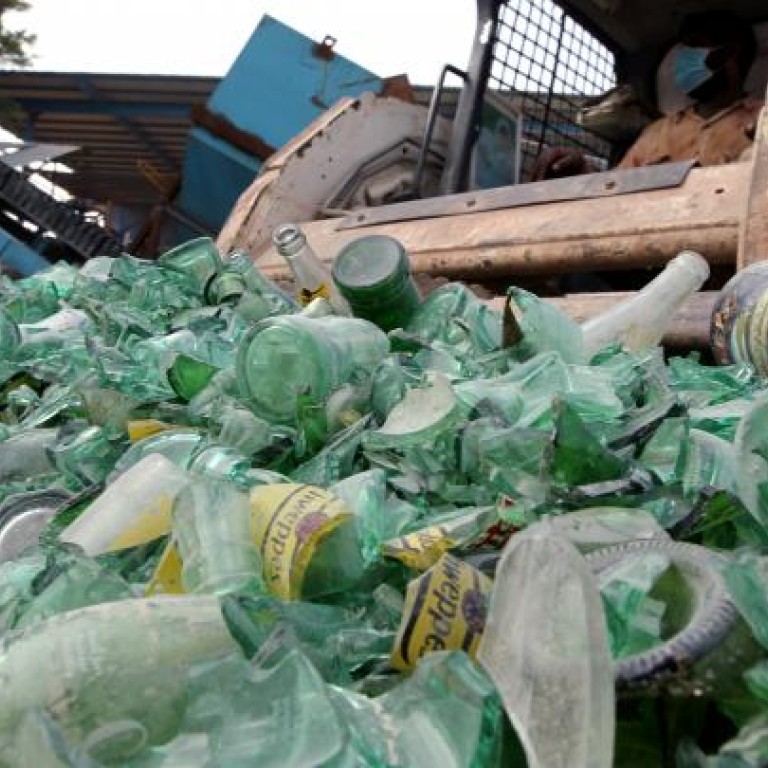
Glass recycling feasible
I refer to letters from Inger Glimmero, from Sweden ("Avoid Europe's mistakes in recycling glass", March 8), and Timothy Gan ("Recycling glass bottles in city impractical", March 2).
Due to low commercial value, most waste glass beverage bottles end up in our landfills rather than being collected for recycling. The government is proposing a mandatory producer responsibility scheme and last month launched a three-month public consultation. We will appoint a qualified contractor to co-ordinate the collection and processing of glass bottles. The scheme will ensure a circular economy for these bottles, which will no longer be wasted.
The low commercial value of glass partly contributes to the limited capacity of the local glass recycling industry.
This is why the government proposed the producer responsibility scheme. A fee will cover the cost of collecting and recycling these bottles. This work will be taken up by government-appointed contractor(s) through open tender. Recycling can be done locally. We estimate that the construction industry can absorb all the recycled glass, with much of it being utilised in public works projects.
We will also educate the public on how to handle waste bottles safely, and to provide information about how the public can help with glass collection for recycling.
Glass does not decompose. If not reused or recycled, it ends up in landfills. This highlights the importance of the proposed scheme, which will help turn glass waste into a resource, thus relieving some pressure on our landfills.
Timothy Gan asked us to build incinerators. We are exploring advanced waste-to-energy technologies to treat waste that cannot be reused or recycled.
As regards Inger Glimmero's comments on compact fluorescent lamps, they contain mercury and should not be recycled in the same way as waste glass beverage bottles. We have implemented a separate system for collection and treatment for mercury-containing lamps, including compact fluorescent lamps, straight fluorescent tubes and high-intensity discharge lamps. By law, large quantity disposal, say from commercial and industrial establishments, is subject to the chemical waste disposal control scheme. In addition, a voluntary trade-funded producer responsibility scheme, the Fluorescent Lamp Recycling Programme, collects spent lamps from households. All these waste items are delivered to the Chemical Waste Treatment Centre in Tsing Yi for proper treatment.
The proposed scheme on glass beverage bottles will not handle these fluorescent lamps or other lighting equipment.

